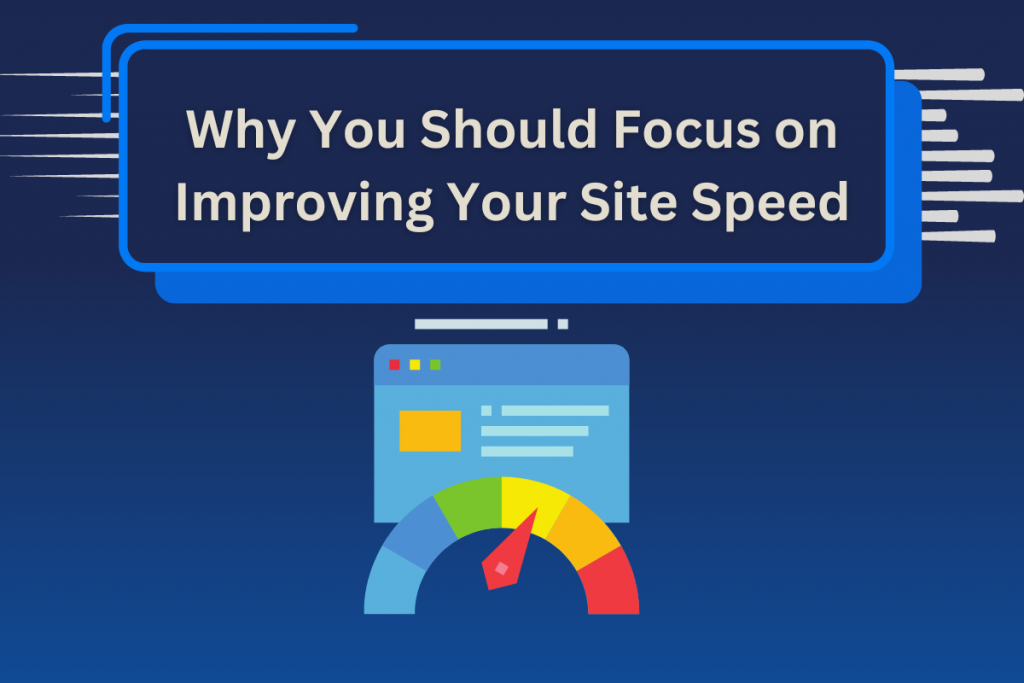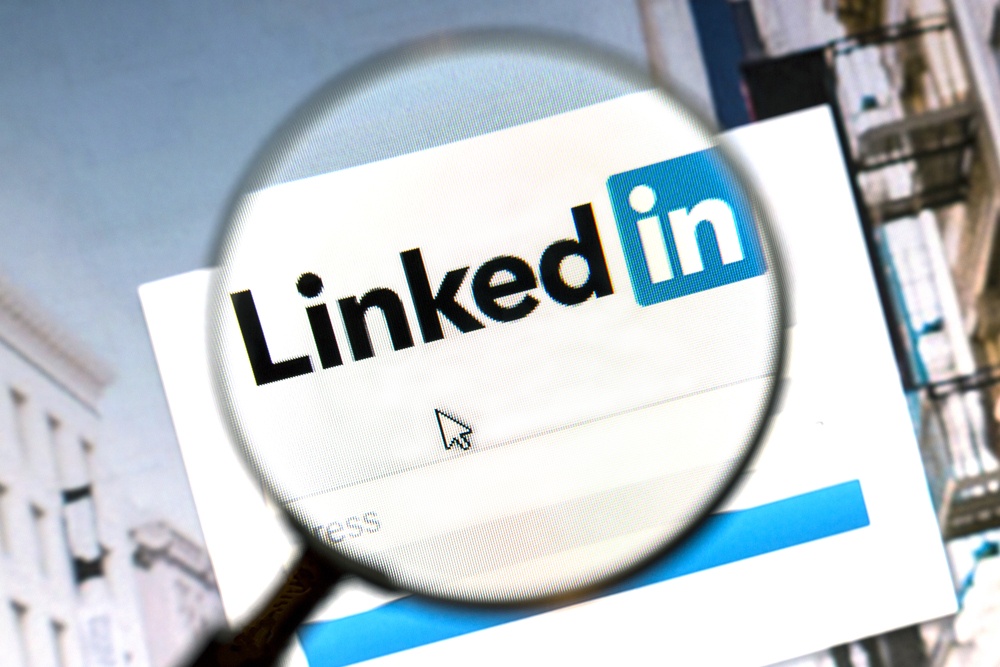Having a business website is crucial for any business. However, simply having a website is not enough; it must also be fast and user-friendly. Not only does a slow website affect the user experience, but it also has a significant impact on search engine optimization (SEO).
According to Google, page speed is a ranking factor in search results. This means that websites with faster page load times are more likely to rank higher in search results, which can lead to increased visibility and more traffic. On the other hand, a slow website can negatively impact SEO and make it harder for potential customers to find your business online.
In addition to the SEO benefits, a fast website also provides a better user experience. Visitors expect websites to load quickly, and if a site takes too long to load, they are likely to become frustrated and move on to a competitor’s site. A slow website can lead to a high bounce rate, as visitors quickly lose interest and leave the site. By reducing page load times, you can keep visitors on your site for longer and increase the likelihood of them taking a desired action, such as making a purchase or filling out a form. Having a website with faster page load times can greatly improve the user experience and reduce the bounce rate. Greater site speed can provide a better overall user experience and keep visitors engaged with your content. A fast website can also improve accessibility for users with slower internet connections or older devices. This can be particularly important for businesses targeting a global audience, where internet speeds and device capabilities can vary greatly.
So, what can you do to improve your website’s page load times and site speed? Here are some tips to get you started:
- Optimize images: Large images can slow down your website, so it’s important to optimize them by reducing their file size. You can use tools like TinyPNG or Photoshop to compress images without sacrificing quality.
- Minimize HTTP requests: Every time a browser has to request a file from a server, it slows down the website. Minimizing the number of HTTP requests can significantly improve page load times.
- Use a fast web host: The speed of your website is largely dependent on the web host you use. It’s important to choose a reliable and fast web host to ensure your website runs smoothly.
- Enable browser caching: Caching allows a website to store frequently used files on a visitor’s browser, so they don’t have to be reloaded every time the visitor visits the site.
- Use a content delivery network (CDN): A CDN can significantly improve the speed of your website by storing static content in multiple locations around the world, so that visitors can access it more quickly.
In conclusion, improving the speed of your website is essential for both SEO and the user experience. By implementing the tips outlined above, you can improve your website’s page load times and provide a better experience for your visitors. Don’t wait any longer, start optimizing your website today!





